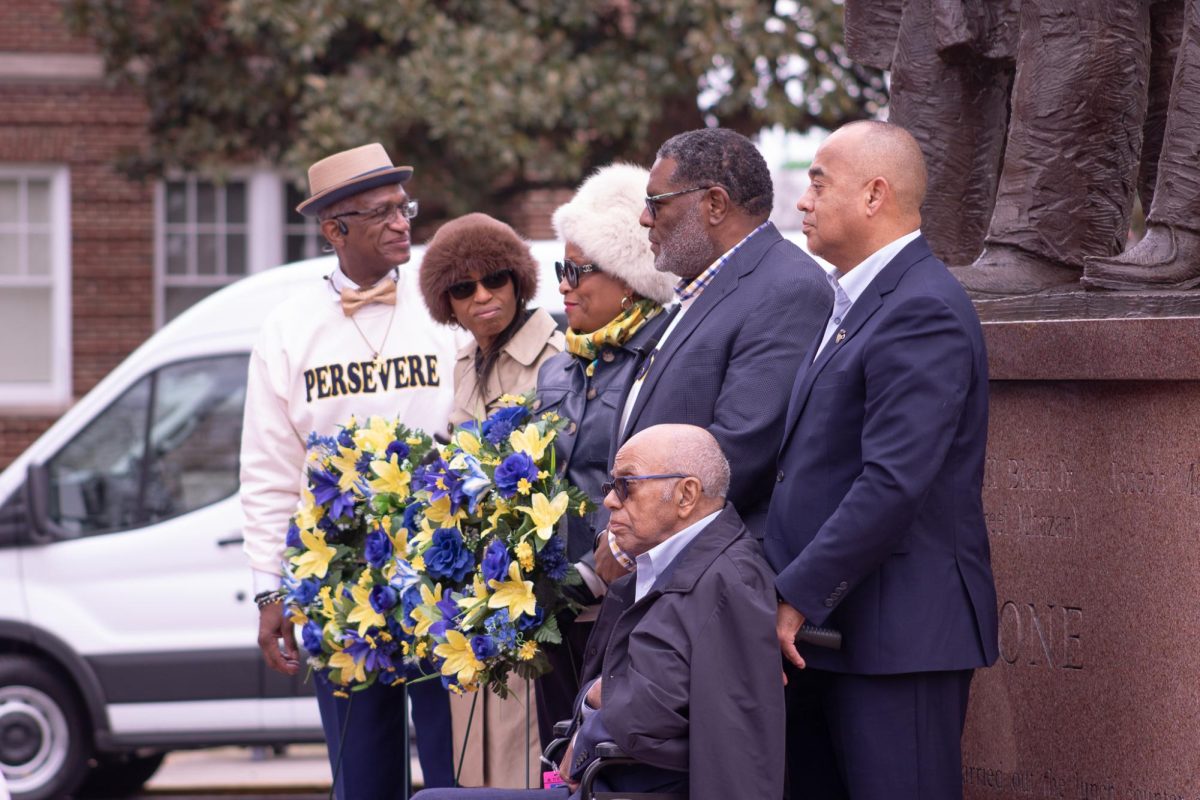Published September 17, 2014
Franco Ordonez & Mandy Locke – MCT Campus
WASHINGTON — The U.S. Department of Labor on Monday awarded $10.2 million to nearly two dozen states to beef up enforcement of a labor scheme that companies employ to evade their tax obligations.
The announcement of the first-of-their-kind grants comes one week after McClatchy’s five-part series that uncovered the federal government’s failure to stop companies that wrongly classify their workers as independent contractors instead of employees on federal contracts.
Labor Secretary Tom Perez said the grants, which range from $28,000 to $1.3 million, will help states identify and stop so-called worker misclassification and protect state unemployment insurance benefits.
“This is one of many actions the department is taking to help level the playing field for employers while ensuring workers receive appropriate rights and protections,” Perez said in a statement.
McClatchy reported that the federal government allowed companies on federal contracts to get away with not paying state and federal taxes by wrongly classifying workers as independent contractors.
Honest business owners were unable to compete with the bad actors, who could save more than 20 percent in labor costs. Their workers were left without labor protections and often were denied overtime and workers compensation.
State and federal lawmakers have vowed to exhaust legislative and regulatory avenues to confront the practice that costs taxpayers up to billions of dollars annually.
“This is another example of corporate greed ruling over the rights of workers, and it’s an insult to all Americans who work hard, pay their taxes and play by the rules,” Sen. Jon Tester, D-Mont., chairman of a government affairs subcommittee on the efficiency of federal programs, said in a statement Friday regarding McClatchy’s investigation. “False classification of workers robs them of their wages and worker protections. I will not stand for that.”
The Labor Department grants do not specify whether they’re for enforcement of private or public contracts, and officials did not return follow-up requests on whether and how these funds could be used on federal contracts.
While some states have existing programs designed to stop worker misclassification, this is the first year the U.S. Labor Department has awarded grants targeting the practice, federal officials said.
Texas will receive nearly $1.3 million — one of four states awarded an additional “high-performance bonus,” because of ongoing work in fighting misclassification, officials said.
Other states received much less: Florida was granted $31,792 despite high levels of misclassification in the state.
An estimated 37 percent of 805,000 construction workers in Texas are misclassified, according to McClatchy’s analysis. In Florida, nearly 16 percent are misclassified.
The practice was so pervasive on federal contracts in Texas that roughly $1.2 billion in tax revenue was lost, according to McClatchy’s analysis. In Florida, it was nearly $400 million.
The California Department of Labor was not specific on how its $499,792 award would be used. The money was awarded to state unemployment insurance agencies to hire more staff to conduct audits, to enhance methods that will detect employers more likely to misclassify and to educate them on how to properly classify workers, said Labor Department spokesman Leo Kay.
Not every state received Labor Department money that could have used it. North Carolina didn’t receive a grant despite McClatchy’s analysis showing that more than a third of construction workers are misclassified.
Dale Folwell, the state’s assistant secretary of employment security, said North Carolina did not apply for the grant. Folwell said these federal grants carry tight deadlines and often obligate states to use vendors or programs that aren’t compatible with technology already being used.
“I don’t have a shortage of money for this purpose,” said Folwell, whose office finds and fights misclassification through audits of companies paying unemployment tax on workers. “I can’t divert resources for efforts we can’t ensure will work.”
Proponents for greater enforcement of misclassification saw the grants as a good sign of needed collaboration between states and the federal government as well as among different agencies.
“In order to deal with misclassification, you have to work across governments, the tax side with the labor enforcement side, and this seems like a step towards that,” said David Madland, the managing director of economic policy at the Center for American Progress, a left-leaning think tank in Washington.
Matt Capece, a lawyer who works with the United Brotherhood of Carpenters, recommended states use the grants to invest in new computer programs that can help uncover misclassification. Capece said states such as Washington and Louisiana have successfully implemented software to help them identify companies misclassifying their workers to avoid tax obligations.






